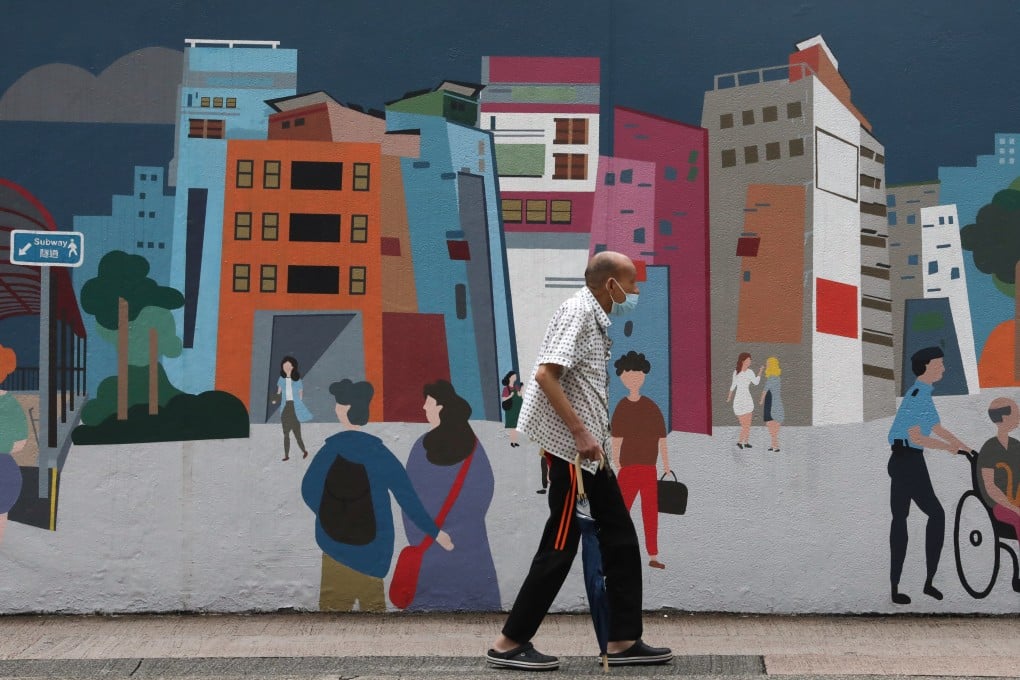7 in 10 Hongkongers expect to work after retirement, as savings will not suffice to provide quality of life: HSBC survey
- Hong Kong people believe they need US$1.1 million to retire comfortably, but they face a shortfall of US$815,000, HSBC survey says
- Yet Hongkongers are less likely than their peers in other places around the world to explore relocation in retirement

However, the survey also showed that Hong Kong people are less likely than their peers in other places around the world to want to relocate in search of better bang for their retirement savings buck.
Hong Kong people believe they need US$1.1 million to live comfortably after retirement, second only to the US at US$1.2 million, according to the inaugural HSBC Quality of Life Report, which is based on a survey of 2,250 people with up to US$2 million in investment assets in March and April this year.
The amount needed to live comfortably is US$940,000 in Singapore, US$930,000 in mainland China, US$830,000 in Malaysia, US$760,000 in the UK, and US$710,000 in the United Arab Emirates. People expect to need significantly less savings in Mexico (US$520,000) and India (US$300,000).

Hongkongers face the biggest gap between their savings and their target, at US$815,000, compared with US$733,000 for people in the US and US$692,000 for Singaporeans. India has the lowest shortfall at US$217,000, the survey said.
As a result, seven out of 10 people in Hong Kong believe they will need a part- or full-time job after retirement.